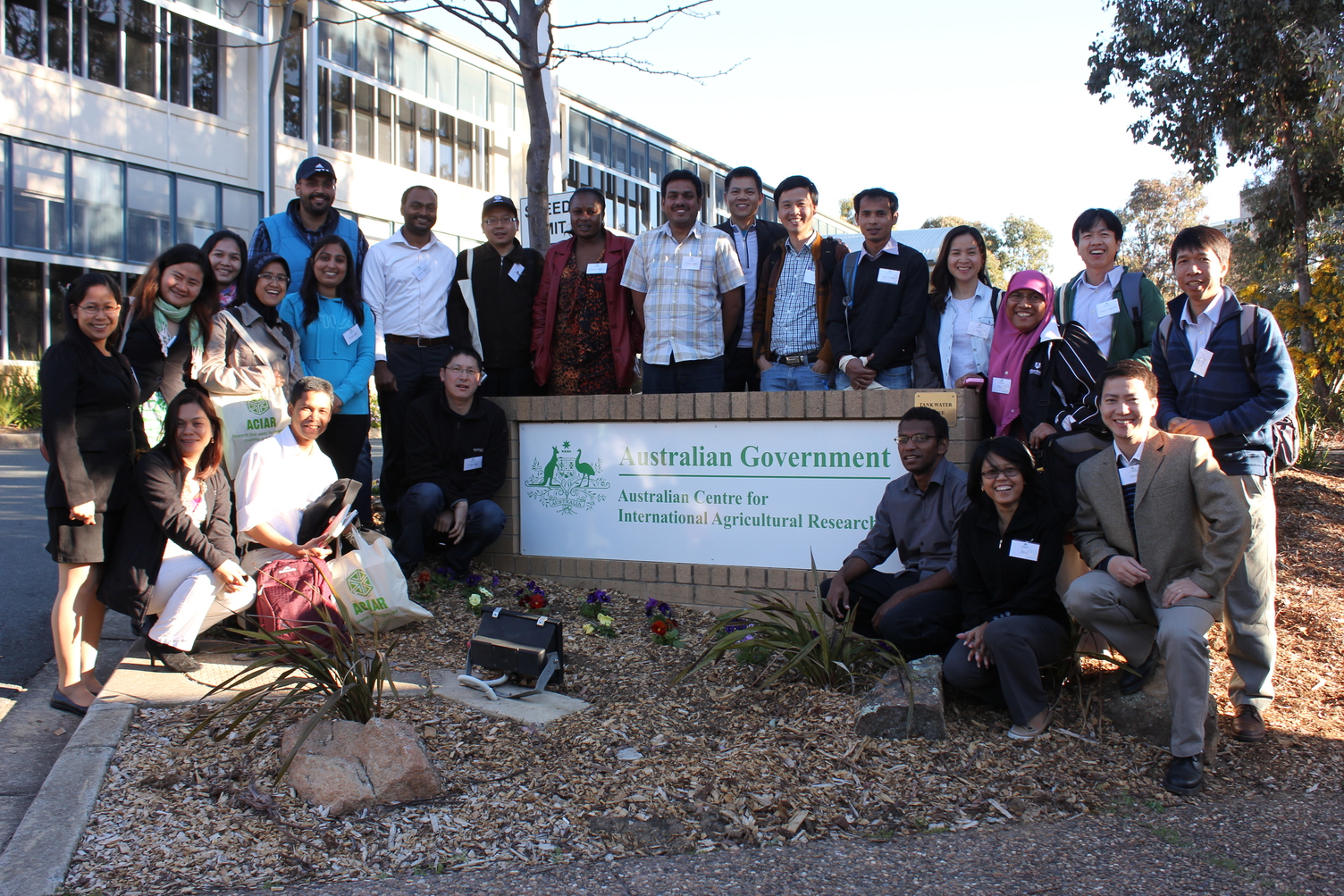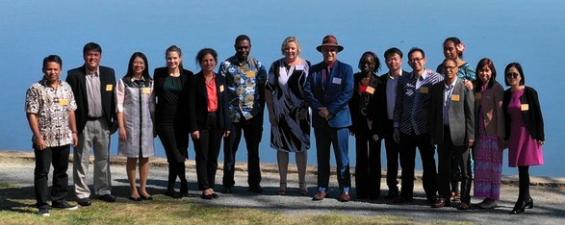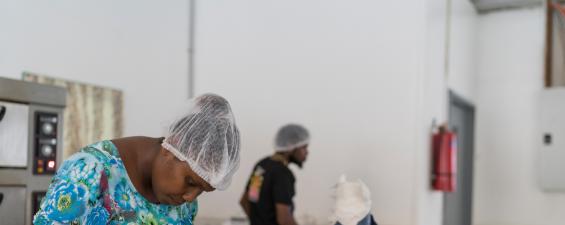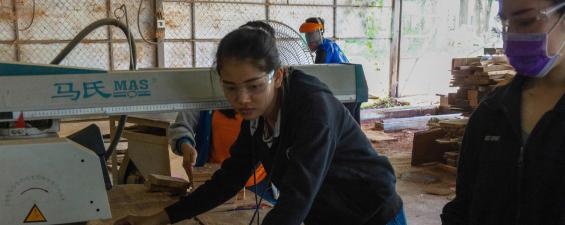The John Allwright Fellowship (JAF) is ACIAR’s largest capacity building program in financial terms. It provides PhD and Masters scholarships to agricultural researchers that are administered through the Australia Awards system.
There are around 90 JAFs studying in Australia at 12 institutions across the country. Applications are invited annually and selected by the Training Committee. Applicants must be connected with an ACIAR project through current or recent work. JAFs complete their post-graduate studies in a range of agriculture related topics, including gender.
For example, Thi Thu Hien Ngugyen from Vietnam recently completed her MA (research) from Flinders University. Her research focused on the gendered impacts of agricultural research in Vietnam and the resulting effects on nutrition.
In 2017 a new policy was adopted that ensures a minimum of 50 percent of new JAFs are women. In 2019 36 percent of fellows currently studying are women, reflecting the low rate of women in leadership roles in agriculture. In its Gender Equity and Policy Strategy 2017-2022 ACIAR has committed to achieving gender parity in its capacity building programs by 2020 and are on track to achieve this goal.
In 2019 the first annual cohort of JAFs started the new John Allwright Fellowship Executive Leadership Program (JAFel). Delivered by the University of New England, the cohort of 24 have completed a 10-day intensive camp and began a 15-month program of online learning. This is expected to take around six hours a month and be completed alongside the fellow’s post-graduate study. The program will conclude with a four-day camp. On completion, JAFel participants achieve 50 percent of a certificate qualification.
Gender is mainstreamed and integrated into every aspect of the executive leadership program which includes leadership and communication skills, and people, finance, and project management. At the initial camp, diverse cross-cultural understanding of gender and power relations between the scholars were uncovered and consensus was built around the need to seek locally-relevant approaches to gender equality.



